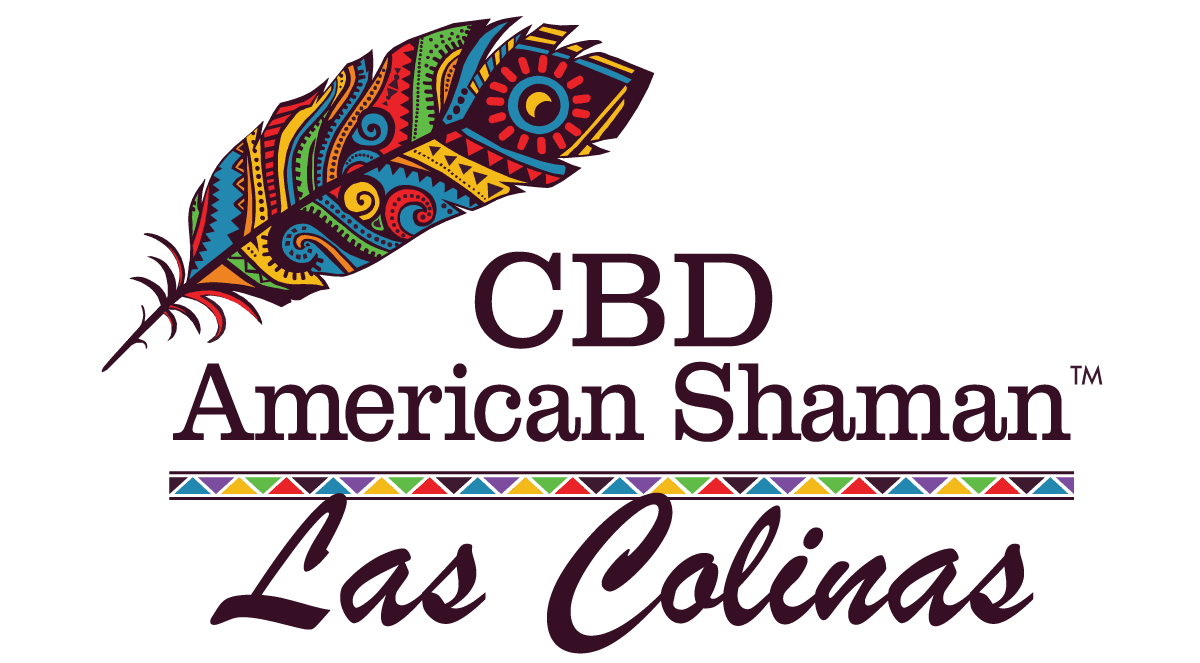Delta 11 THC Steps Into The Spotlight
Hemp derived Delta THC products are more popular than ever. It can seem like there are millions of options to choose from, but one cannabinoid seems to have taken center stage. 11-Hydroxy-Δ⁹-tetrahydrocannabinol, more commonly known as Delta 11 THC, is a minor cannabinoid that produces psychoactive properties that give consumers the “high” sensation that THC cannabinoids are known for.
Delta 11 THC is gaining popularity for many reasons, especially among those with a higher THC tolerance. But once you try Delta 11 THC products, it is easy to see why Delta 11 THC is deserving of the spotlight it has stepped into.
The Properties of Delta 11 THC
Similar to other THC cannabinoids, Delta 11 THC produces euphoric effects. However, it offers other unique properties. These properties can include
- Feelings of relaxation
- Mood elevation
- Some individuals report feelings of anxiety and stress reduction
While this may sound similar to other THC cannabinoids, there is one major item that sets Delta 11 THC apart from the rest. Many who use Delta 11 THC products report that this particular cannabinoid produces stronger effects than its counterparts. This fact alone has made Delta 11 THC products popular with those who may have a higher tolerance to Delta THC.
Research Sheds New Light on Delta 11 THC
The research on Delta 11 THC is still considered preliminary by the scientific and medical communities. However, new and exciting findings are being published every day. For years, Delta THC cannabinoids have been a focus for many different research groups.
For example, a 1991 paper published by researchers from the University Department of Pharmacology in Oxford observed the effects of in vitro metabolism of different cannabinoids. Delta 11 THC was among the 8 cannabinoids studied in “microsomal preparations obtained from rats, mice, guinea pigs, rabbits, hamsters, gerbils, and a cat.” Their goal was to determine how cannabinoids were broken down and absorbed by the body. The results of the study found were considered preliminary but offered valuable insight into how the different cannabinoids were received.
A similar study found in the National Library of Medicine’s Center for Biotechnology Information observed THC presence in plasma during and after consuming high doses of THC orally. Delta 11 THC was one of the cannabinoids observed during the study to determine the presence after consumption to better understand how long THC would stay in the plasma.
According to the results of the late 2011 study, “Plasma THC concentrations remained >1 μg/L for at least 1 day after daily cannabis smoking and also after cessation of multiple oral THC doses.”
Studies like these are part of the foundation that makes up our understanding of how cannabinoids like Delta 11 THC work and impact our endocannabinoid systems.
Types of Products Made Using Delta 11 THC
Like many minor cannabinoids, Delta 11 THC products are usually found in one of several categories. Vapes, edibles, and topicals are the most common options for Delta THC products, and Delta 11 THC is no exception. These types of products will allow consumers to get the most out of the individual cannabinoid without breaking the bank.
Similar to CBD products, Delta 11 THC products should be tested by a reputable lab and given a Certificate of Analysis, or COA for short, that details important information. This information can include potency, cannabinoid content, and any presence of harmful foreign materials like heavy metals and pesticides. Stores carrying Delta 11 THC products should have up-to-date COAs available.
At the end of the day, the most important part of Delta 11 THC products is finding the one that fits your needs. Like any other hemp product, Delta 11 THC impacts each individual differently. But once you find the right product for your needs, it is easy to see why so many prefer Delta 11 THC.
